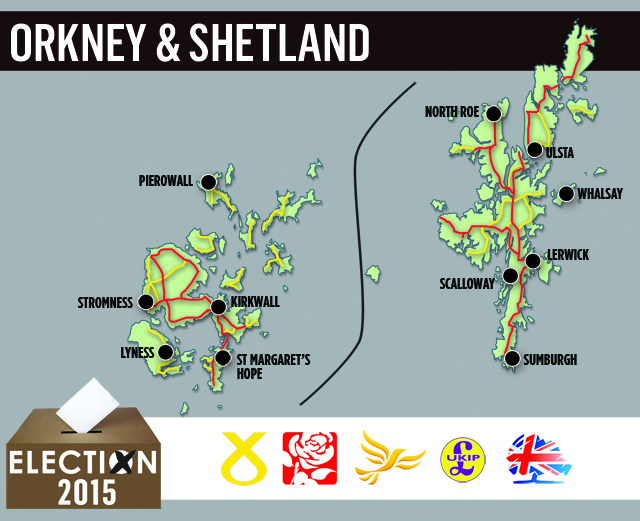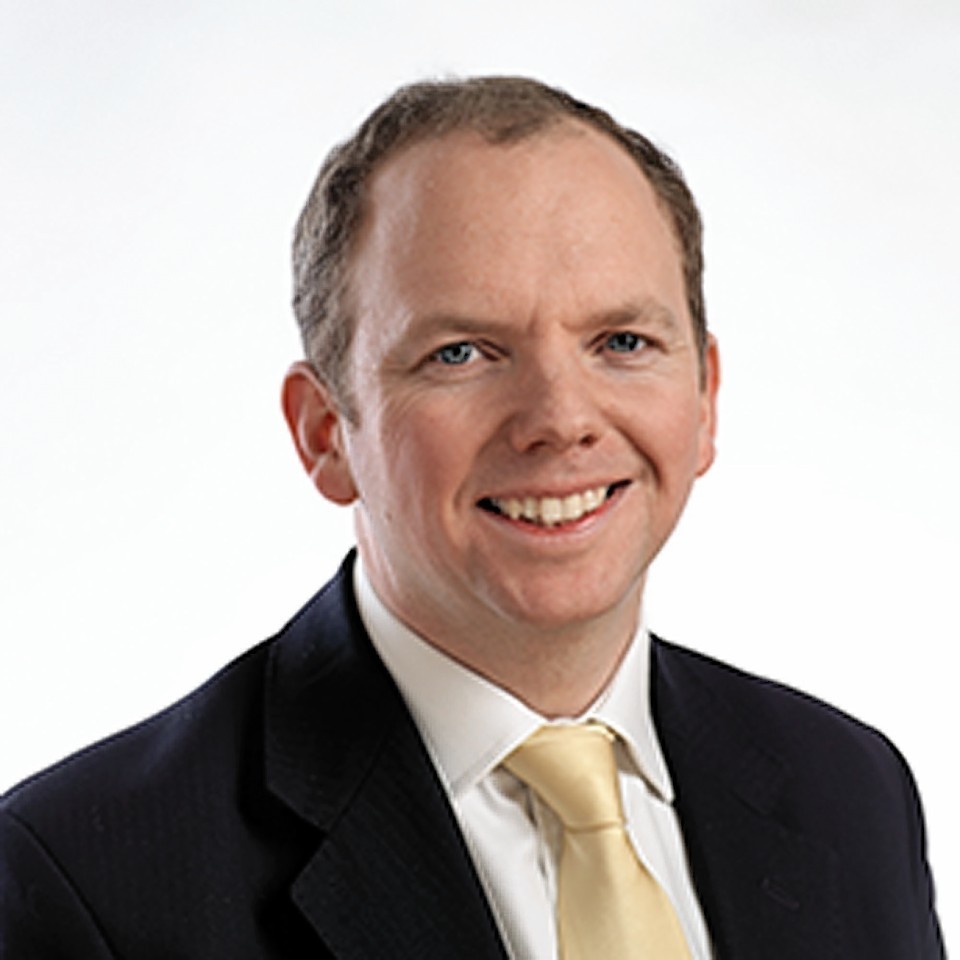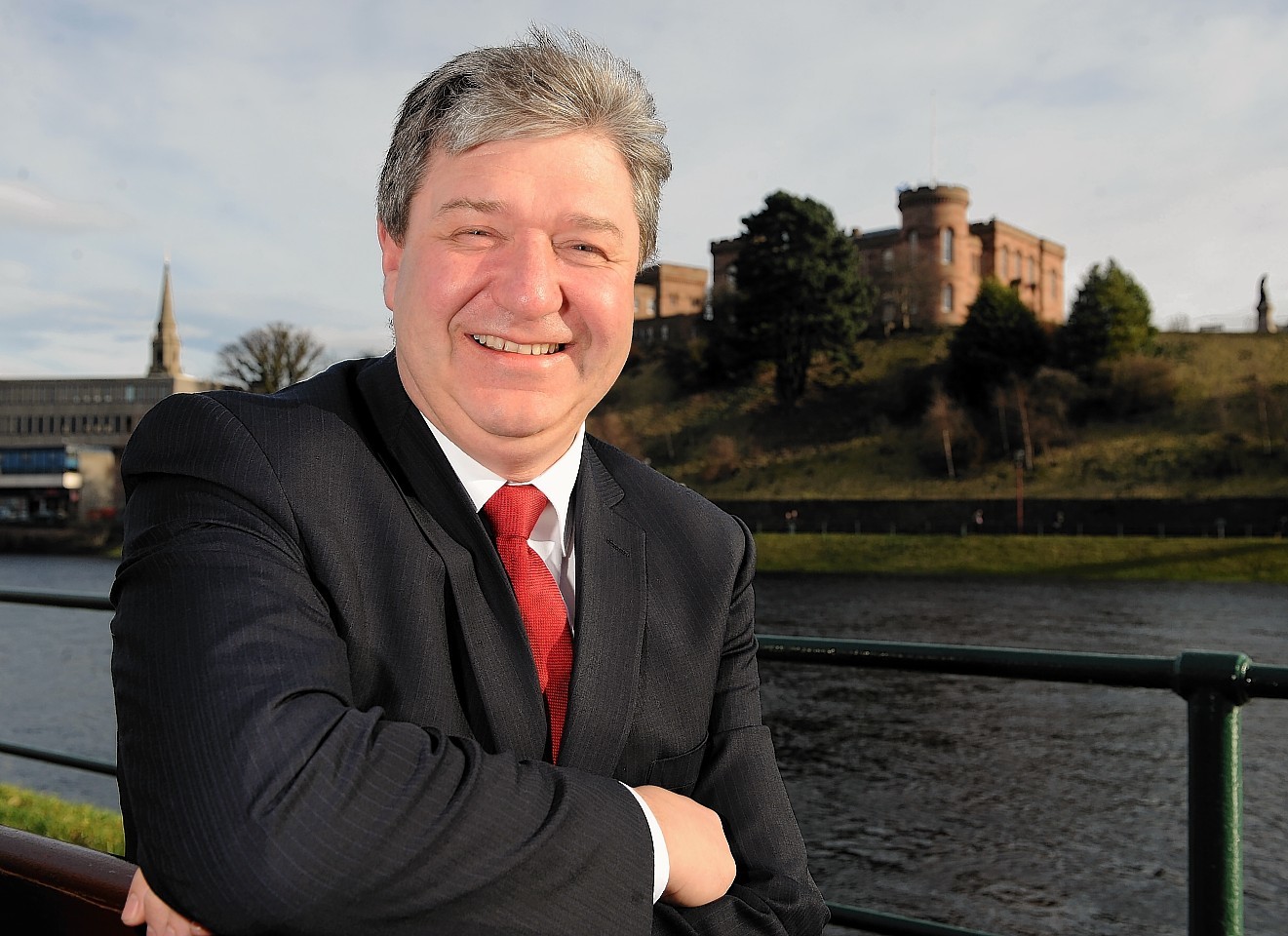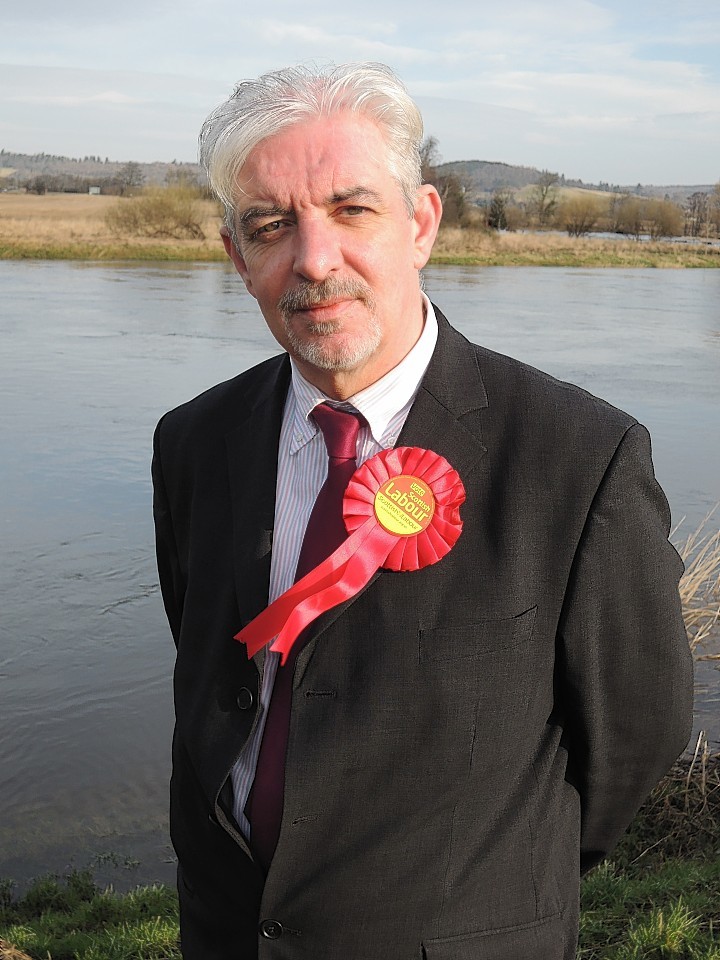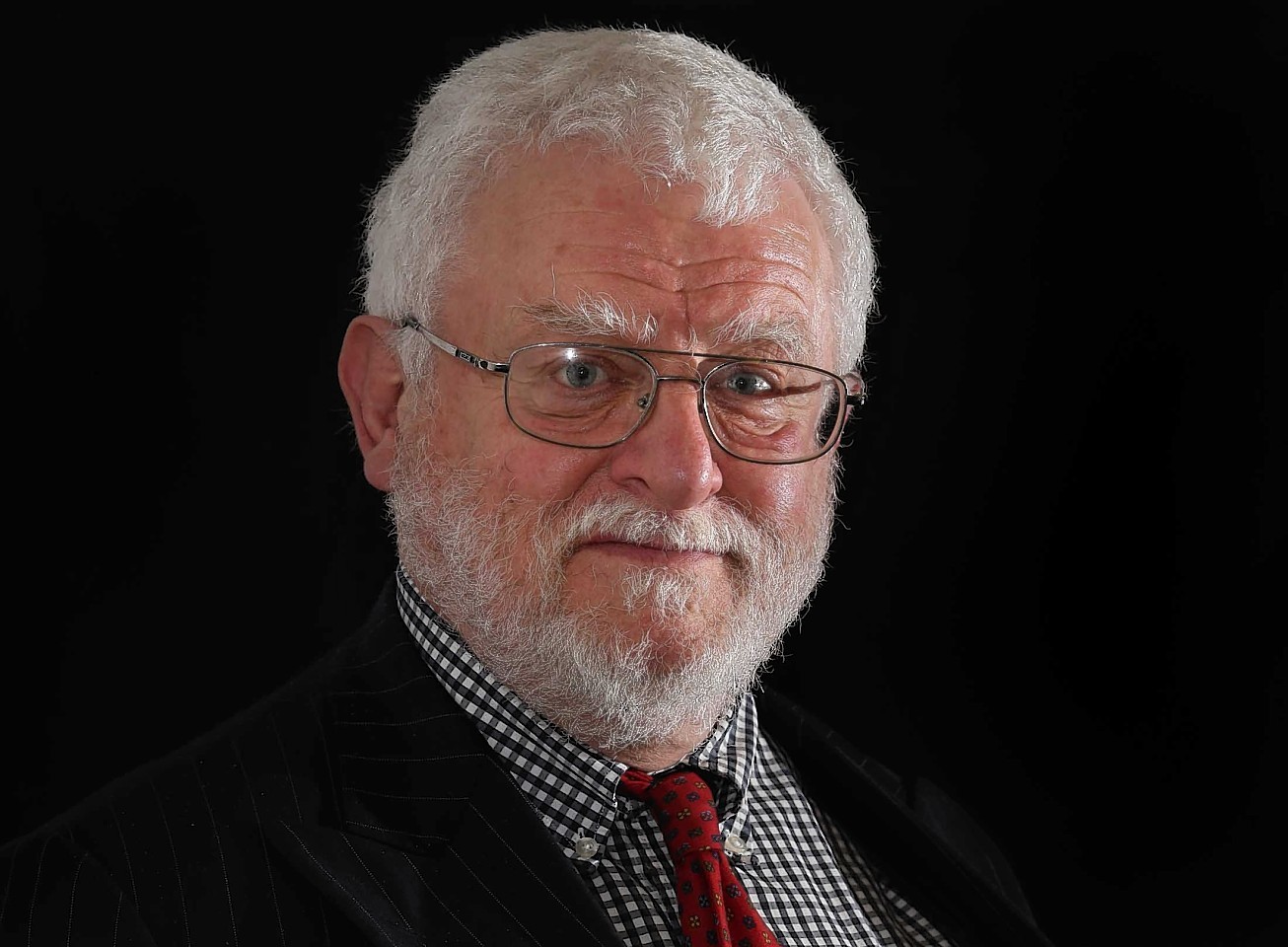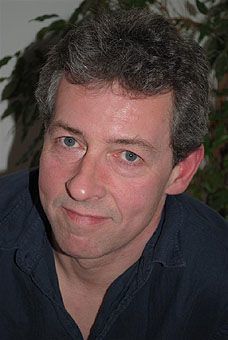The parliamentary constituency of Orkney and Shetland has a proud history stretching back as far as the Union.
For the past 178 years the majority of MPs have been connected to the Liberals or a breakaway faction of the party.
So strong is their presence the constituency has returned a Liberal or Liberal Democrat in every election since 1950.
While many pundits would say the Lib Dems are a busted flush following five years of coalition government, that may not be the case in these northern archipelagos.
It could end up the last remaining Lib Dem seat north of the border.
The incumbent, Scottish Secretary Alistair Carmichael, polled an impressive 62% of the vote in 2010 and both Orkney and Shetland are represented by the Lib Dems at the Scottish Parliament.
Like so-called “safe” constituencies all over Scotland, he will have the SNP snapping at his heels as a result of the upsurge in Nationalist fervour following the independence referendum.
However, the islanders have proved themselves staunch unionists.
In Orkney, 67.1% voted No in the independence referendum, the highest percentage in Scotland, while Shetland was not far behind at 63.6%.
The fact that these free- thinking islands have rejected separatism is hardly a surprise. Both have distinctive heritages and characters.
The southernmost part of Orkney starts seven miles over the Pentland Firth while Shetland is closer to Norway than Edinburgh. Tourism is important to both sets of islands, particularly Orkney with its extraordinary horde of Neolithic monuments.
Shetland is making the most of its Iron Age and Viking roots, especially the spectacular winter festival Up Helly Aa. The isolation from the Scottish mainland has spawned a rich cultural life on both island groups, particularly in the world of folk and classical music.
Transportation and the cost of air and ferry fares and the impact on the cost of living are an issue, particularly in far flung Shetland.
With its fertile soil agriculture, dominated by sheep and cattle, forms the largest sector of the Orkney economy.
Cheese, beer, whisky and seafood are important food exports.
The Pentland Firth, which boasts some of the fastest tides in the world, has contributed to Orkney becoming Scotland’s premier centre for marine energy development and testing. Wind and wave power are also important to the renewable energy sector.
When it comes to energy, oil and gas has come up trumps for Shetland.
Sullom Voe is one of the largest oil terminals in Europe and taxes generated by it have boosted public spending across the board.
A high proportion of workers in both Orkney and Shetland work for companies with relatively small workforces, which is not surprising considering the small population.
Self-employment is also higher than the rest of Scotland, particularly in Shetland where people have learned to survive on the fringes of the UK and all that entails.
The largest employer on both archipelagos is the female-dominated public sector, local government, education and health, so any suggestions of austerity may not go down well with voters.
Candidates
Conservatives
Donald Cameron
Age: 38
Profession: Advocate.
Liberal Demcrat
Alistair Carmichael
Age: 49
Profession: Scottish Secretary.
Labour
Gerry McGarvey
Age: 52
Profession: Parliamentary researcher.
SNP
Danus Skene
Aged: 70
Profession: Retired teacher
Ukip
Robert Smith
Age: N/A
Profession: Fisherman
2010 results
Alistair Carmichael, Liberal Democrats, 11,989 votes – 62%
Mark Cooper, Labour, 2,061 votes – 10.7%
John Mowatt, SNP, 2,042 votes – 10.6%
Frank Nairn, Conservatives, 2,031 votes – 10.5%
Robert Smith, Ukip, 1,222 votes – 6.3%
Turnout 58.5%
